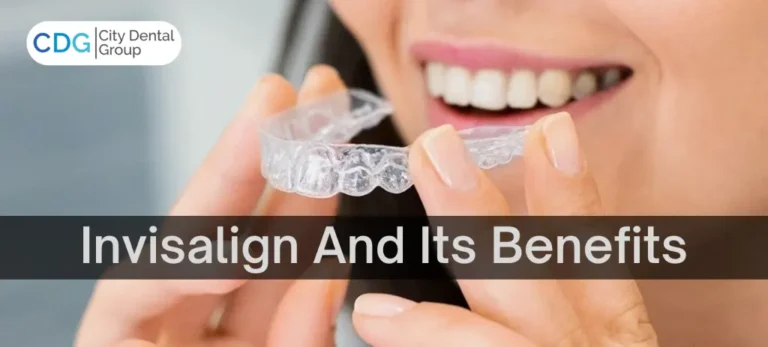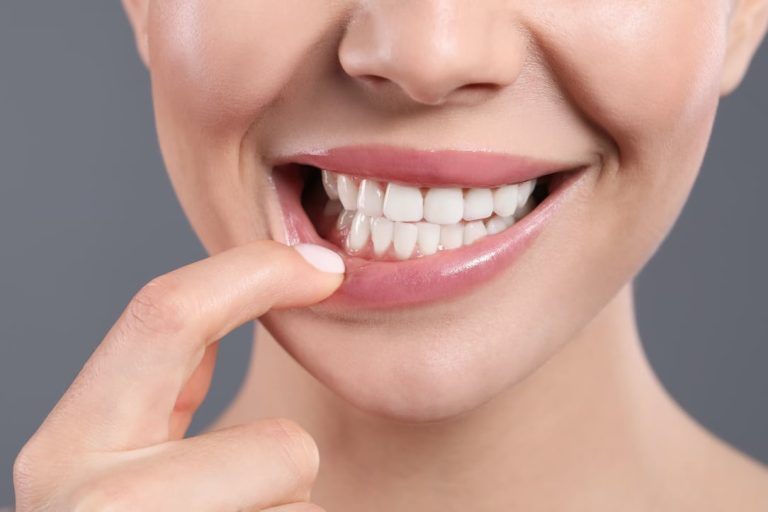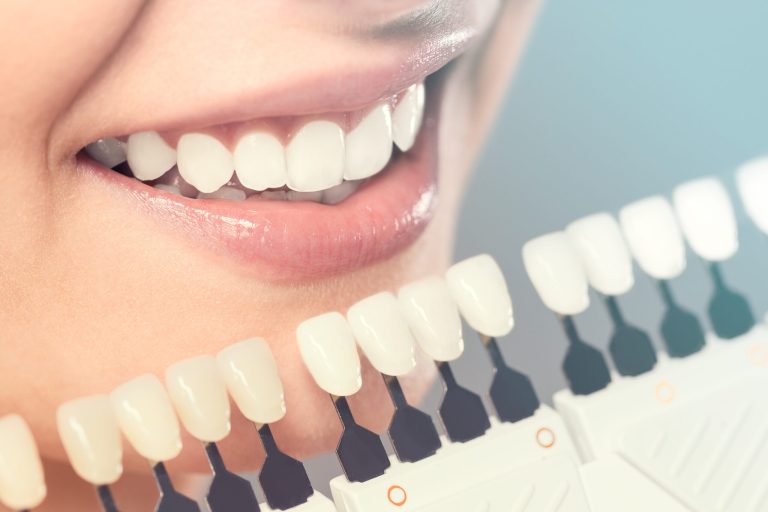Teeth whitening is a popular cosmetic dental procedure that can enhance your smile and boost your confidence. However, one common concern associated with teeth whitening is tooth sensitivity. Many individuals experience increased sensitivity to hot or cold substances after undergoing teeth whitening treatment.
At City Dental Group NYC, a trusted dental clinic in lower Manhattan New York City, we understand the importance of providing comprehensive care to our patients. In this article, we will share our top tips and advice on how to reduce sensitivity after teeth whitening, ensuring a comfortable and pleasant experience.
Understanding Teeth Sensitivity
Before we delve into the topic, let’s briefly understand why teeth may become sensitive after whitening. Whitening treatments, whether in-office or at-home, involve the use of bleaching agents to remove stains and discoloration.
These agents can temporarily open up the pores in the tooth enamel, exposing the underlying dentin and nerves. This exposure can result in heightened sensitivity to certain stimuli. The good news is that there are several effective strategies to manage and minimize post-whitening sensitivity.
Top Tips of Reduce Sensitivity Teeth Whitening

1. Choose Professional Teeth Whitening
The causes of tooth discoloration are aplenty, and a very natural process given its exposure to food and all other elements. Opting for professional teeth whitening conducted by experienced dental professionals, such as the experts at City Dental, can significantly reduce the risk of sensitivity.
Professional whitening treatments are carefully customized to your specific needs, ensuring a controlled application of the bleaching agents. This personalized approach minimizes the risk of sensitivity while delivering optimal results.
2. Gradual Teeth Whitening Approach
If you experience sensitivity after whitening, consider using a gradual whitening approach. Instead of undergoing an intense whitening treatment in a single session, choose methods that allow for gradual lightening of the teeth over time. This gentler approach gives your teeth time to adjust and minimizes the likelihood of sensitivity.
3. Use Toothpaste for Sensitive Teeth
Switching to a toothpaste specifically designed for sensitive teeth is another effective strategy. These toothpastes contain ingredients that help desensitize the nerves in your teeth, reducing sensitivity. Make sure to brush your teeth with a soft-bristled toothbrush and a gentle technique to avoid further irritation.
4. Limit Consumption of Hot and Cold Foods
After teeth whitening service, it’s advisable to avoid consuming extremely hot or cold foods and beverages, as they can trigger sensitivity. Opt for lukewarm or room temperature options instead. Using a straw when drinking cold beverages can also help minimize contact with sensitive teeth.
5. Avoid Acidic and Abrasive Foods
Acidic and abrasive foods can worsen tooth sensitivity and potentially damage the enamel and decay your teeth. Although tooth decay treatments exist, yet you should limit your consumption of citrus fruits, sodas, coffee, and highly acidic foods. Additionally, be cautious when brushing your teeth and choose a non-abrasive toothpaste to avoid further enamel erosion.
6. Apply Desensitizing Gel
Your dentist may provide you with a desensitizing gel to alleviate post-whitening sensitivity. Apply the gel as instructed, typically by placing a small amount in custom-made trays and wearing them for a designated time. The gel helps to reduce sensitivity and promote healing.
7. Maintain Good Oral Hygiene
Maintaining a consistent oral hygiene routine is crucial in minimizing sensitivity and promoting overall oral health. Brush your teeth twice daily with a soft-bristled toothbrush, floss regularly, and use an alcohol-free mouthwash. This helps to keep your teeth and gums healthy, reducing the likelihood of sensitivity. Taking proper care of the tongue and gums are underrated aspects of oral hygiene.
8. Follow Your Dentist’s Instructions
Lastly, it’s essential to follow the instructions provided by our dentists. They will guide you on the appropriate post-whitening care specific to your situation. By following their recommendations diligently, you can effectively manage sensitivity and enjoy the long-lasting benefits of your teeth whitening treatment.
Conclusion
Teeth whitening can transform your smile, but it’s important to be proactive in managing sensitivity that may arise afterward. By choosing professional whitening, taking a gradual approach, using toothpaste for sensitive teeth, and adopting the other tips mentioned above, you can minimize sensitivity and enjoy the results of your teeth whitening treatment comfortably.
At City Dental NYC, our experienced team is dedicated to providing high-quality dental care and ensuring your satisfaction. For the best dentists in lower Manhattan, contact us today to schedule an appointment and experience exceptional oral health care.





